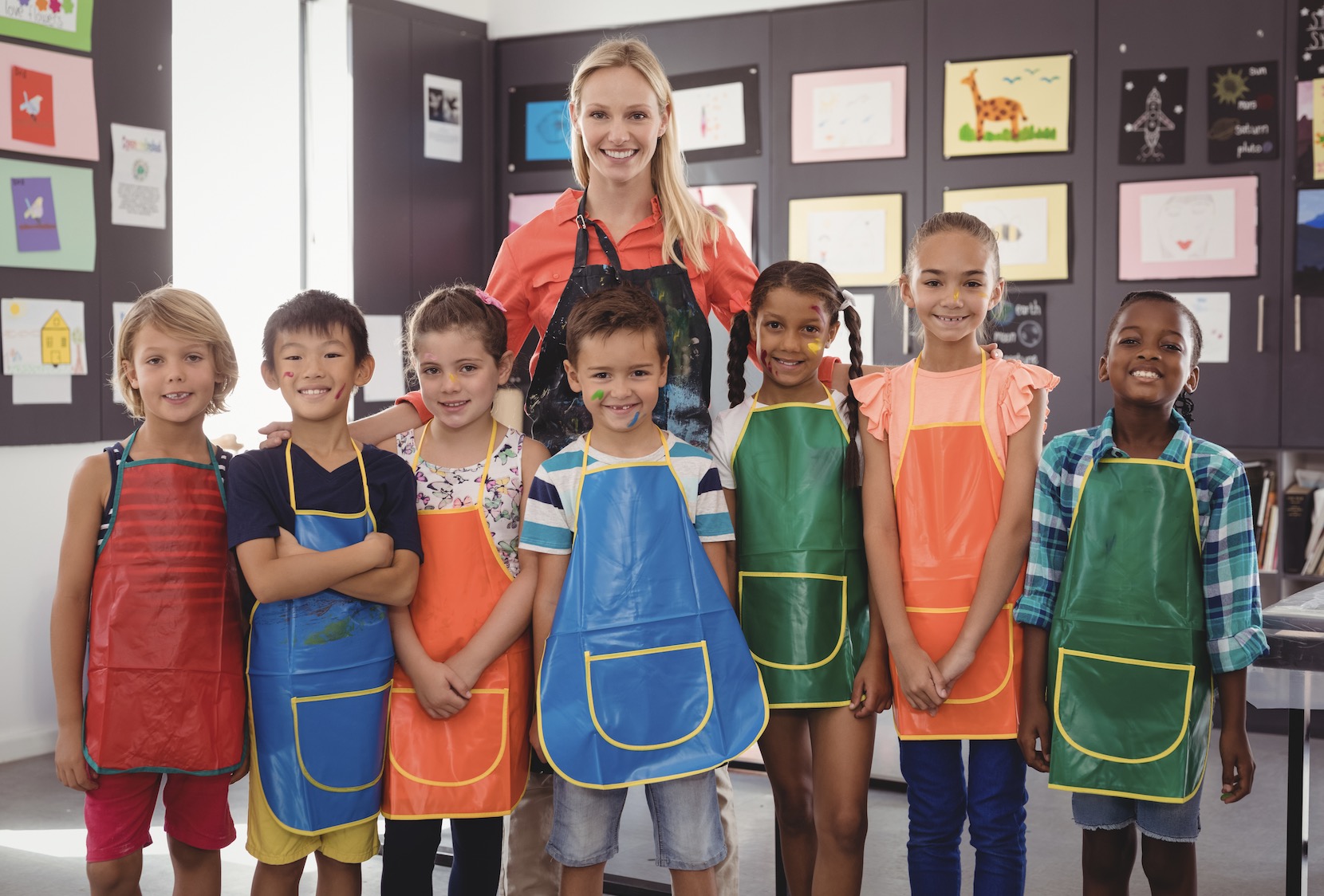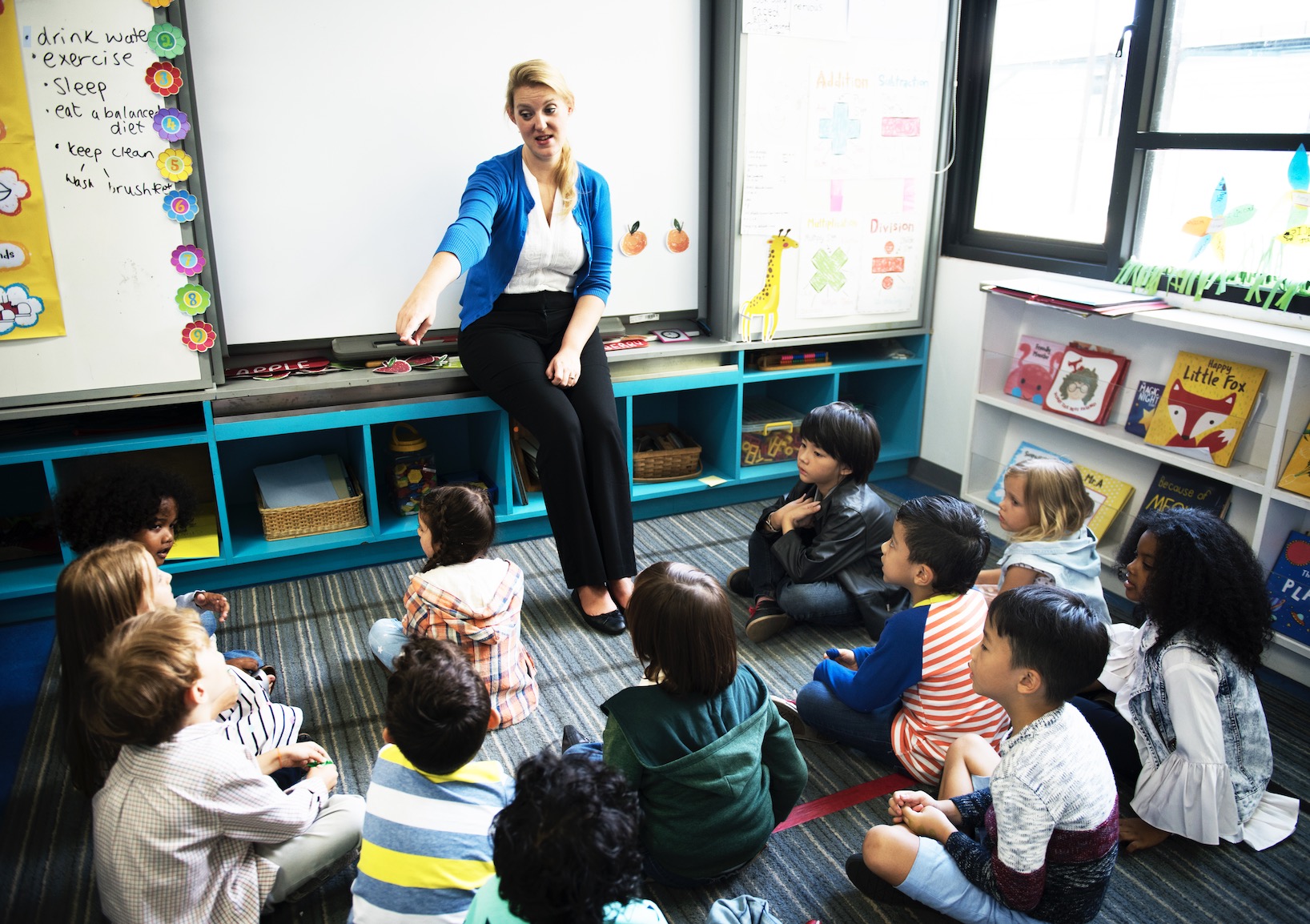Grade R Report Card – South African Format: In South Africa, the Grade R report card format is designed to provide a comprehensive overview...
The Grade R year, serving as the foundation phase in the South African Curriculum and Assessment Policy Statement (CAPS), structures its day around a dynamic and integrative “Daily Programme” rather than a conventional timetable. This approach emphasizes holistic development through various activities. Here’s a detailed guide to understanding and implementing the Grade R Daily Programme effectively:
Key Components of the Daily Programme
- Teacher-Guided Activities: These activities are structured and led by the teacher to direct learning experiences towards specific educational goals. They include direct teaching, guided reading, and structured play that focuses on specific learning outcomes.
- Routines: Daily routines are crucial for young children, providing a sense of security and helping them understand expectations. Routines in Grade R might include morning circles, snack time, nap time, and preparation for home, which also serve as opportunities for learning social skills, responsibility, and time management.
- Child-Initiated Activities or Free Play: This component allows children to choose activities based on their interests, encouraging autonomy and personal development. During this time, children engage in play that can be explorative, imaginative, or constructive, fostering creativity and decision-making skills.
Integration of Subjects
The curriculum for Grade R integrates three main subjects throughout the day, ensuring a holistic learning experience:
- Language: This includes activities aimed at developing home language proficiency. Daily activities involve 15 minutes of phonics and 15 minutes of shared reading, totaling 10 hours per week.
- Mathematics: Structured for 7 hours per week, math in Grade R involves interactive and practical learning activities that help children understand basic concepts and numbers through play and guided instruction.
- Life Skills: Divided into different focus areas, life skills cover a broad spectrum:
- Beginning Knowledge and Personal and Social Well-being: This includes understanding the self and the immediate world, as well as developing social skills and emotional intelligence.
- Creative Arts: Activities here are designed to foster creativity and expression through art, music, and drama.
- Physical Education: Physical activities are essential for developing motor skills and encouraging healthy physical development.
Time Allocation Per Subject
- Home Language: 120 minutes spread over 2-3 sessions per week.
- Mathematics: Daily engagement for a total of 84 minutes.
- Life Skills:
- Beginning Knowledge and Personal and Social Well-being: 24 minutes daily.
- Creative Arts: 24 minutes daily.
- Physical Education: 24 minutes daily.
Total Weekly Schedule
- Overall Time: The cumulative learning and activity time amount to approximately 23 hours per week, or about 276 minutes (4 hours and 36 minutes) per day.
Implementing the Programme
To effectively implement the Grade R Daily Programme, educators should focus on:
- Flexibility: While the structure is important, the programme should allow flexibility to adapt to the needs of the children and the dynamics of the classroom.
- Integration: Teachers should aim to seamlessly integrate language, math, and life skills throughout the day’s activities, making learning contextual and engaging.
- Engagement: Activities should be age-appropriate, engaging, and interactive to keep the children interested and active in their learning.
By focusing on a balanced mix of guided activities, routines, and child-initiated play, the Grade R Daily Programme aims to nurture a well-rounded foundation for lifelong learning.
Here’s a suggested timetable for a Grade R Daily Programme, based on the structure and time allocations described above. This schedule incorporates teacher-guided activities, routines, and child-initiated play, while integrating Language, Mathematics, and Life Skills throughout the day.
Sample Grade R Daily Programme Timetable
Monday to Friday
8:00 – 8:30 AM: Arrival and Morning Routine
- Children arrive, greet each other, and engage in morning routines like storing away belongings and settling in. This time can also include a morning circle where the day’s activities are introduced.
8:30 – 9:00 AM: Teacher-Guided Language Activities
- Focused activities on phonics and shared reading to promote language skills.
9:00 – 9:30 AM: Child-Initiated Free Play
- Children choose activities based on their interests, fostering creativity and personal exploration.
9:30 – 10:00 AM: Snack and Story Time
- Children have their snacks followed by a story read by the teacher, integrating language learning in a relaxed setting.
10:00 – 10:30 AM: Mathematics Activities
- Engaging and interactive math activities designed to teach basic concepts through games and guided play.
10:30 – 11:00 AM: Outdoor Play/Physical Education
- Time for outdoor play focused on developing motor skills and physical health.
11:00 – 11:30 AM: Creative Arts
- Activities involving drawing, painting, music, or drama to encourage creativity and expression.
11:30 – 12:00 PM: Life Skills (Personal and Social Well-being)
- Activities designed to foster social skills, personal development, and an understanding of the environment.
12:00 – 12:30 PM: Lunch and Free Play
- Children have lunch followed by a period of unstructured play, allowing them to socialize and relax.
12:30 – 1:00 PM: Afternoon Routine and Reflection
- A time for children to engage in quieter activities, reflect on the day’s learning, and prepare for departure.
1:00 PM: Home Time
- Children prepare to go home, practicing their daily routines of packing up and saying goodbye.
Notes:
- Flexibility: This timetable should be adjusted based on the specific needs and rhythms of the children and the school. For instance, some days might focus more on certain subjects depending on the weekly planning.
- Integration: While distinct times are allocated for language, mathematics, and life skills, these subjects should be integrated throughout different activities to provide a cohesive learning experience.
- Weekly Planning: Ensure that the total weekly time allocations for each subject are met. Adjustments may be needed based on school events, weather, and other factors.
This timetable provides a structured yet flexible framework, ensuring that all necessary aspects of the Grade R curriculum are covered effectively while also accommodating the natural flow of a young child’s day.
More can be obtained from the document below:



